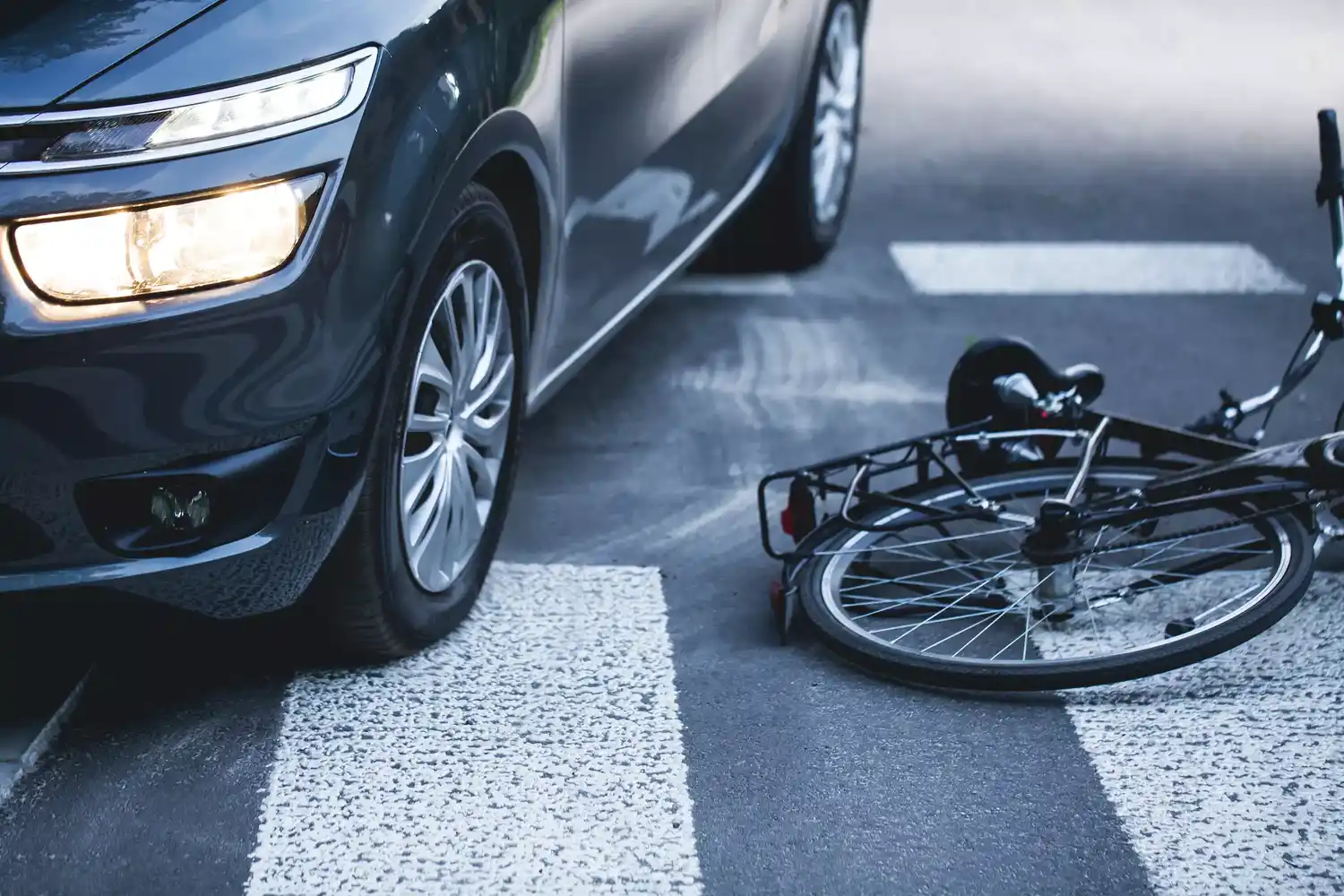 Articles
ArticlesBiking is a great way to save on gas, get good exercise, and enjoy and support nature in Alabama. But before you pump your pedals out on the road, you should understand the bicycle laws in Alabama.
Understanding Alabama bicycle laws help protect your safety and also helps you fulfill your obligations as a fellow traveler on the Alabama roads.
What Traffic Laws Must a Bicycle Rider Obey?
While a bike is wildly different from a car in its structure, size, and abilities, bike riders must follow the same traffic rules that a car must follow.
Traffic Laws Specific to Bicycle Riders
Bikes are so small and agile that you may be tempted to weave your bike in and out of multiple lanes or grab the back of a car for a speed boost, but doing so breaks the law.
Alabama law recognizes the different and smaller stature of bicycles on the road and has therefore created specific rules for bicycle riders that address these differences including:
- Prohibition against attaching your bicycle to another vehicle;
- The requirement that you ride your bicycle as far to the right as practicable;
- The requirement to ride your bicycle on designated bicycle paths when they are available;
- Prohibition against carrying packages or articles that prevent you from keeping at least one hand on the handlebars;
- The requirement that nighttime bicycle riders have a front lamp on their bicycle that emits white light for at least 500 feet in front of them;
- The requirement that nighttime bicycle riders have a department-approved red reflector on the rear of their bicycle that is visible from 100 to 600 feet in front of low beams; and
- The requirement that bicycles have brakes that make the wheels skid on dry, level, clean pavement.
Do not attempt to ride your bicycle on the sidewalk as a handy way to avoid traffic. Alabama law says bicycles are vehicles, and vehicles are generally not allowed to operate on sidewalks.
There Are a Few Traffic Law Exceptions for Bicycle Riders
Alabama law makes very few exceptions for bicycles in comparison to cars. The law only etches out a handful of exceptions for bike riders, including:
- Exemption from traffic laws that are impossible for bike riders to follow due to the nature of their vehicle (e.g. speed limits);
- Allowance for two bikes to ride side by side on a roadway shared with cars; and
- Allowance for more than two bikes to ride side by side on roadways exclusive to bikes.
If you are riding your bike and you start to wonder whether you can make a certain maneuver in traffic, ask yourself if a car could legally do the same. If the answer is no, you likely can’t make that maneuver on your bike either.
What Are the Alabama Bike Safety Laws?
As a bike rider, you travel at relatively high speeds without much protection. There are many safety precautions you should follow to keep yourself safe on the roadways. Alabama law also requires you to comply with its bike safety rules including:
- The requirement for bicycle riders 16 years of age and under to wear a helmet that meets the standards of the Snell Memorial Foundation or the American Society for Testing and Materials; and
- The requirement that any bicycle passenger under 40 pounds or under 40 inches tall ride in an adequately secured passenger seat.
If you are the parent or guardian of a child under the age of 16, you are legally liable if you knowingly allow your child to violate the above-stated safety rules.
You are also legally liable if you knowingly allow your child under 16 who is also under 40 pounds or 40 inches to ride as a passenger without an adequately secured restraining seat.
Following the Alabama bike safety laws and enlisting safe practices can save you a world of trouble when you ride. According to Alabama Public Health, approximately 74% of all fatal bicycle crashes involve head injuries.
Bicycle helmets are up to 88% effective in preventing head and brain injuries. Unfortunately, only about 35% of bicyclists wear helmets.
Motorized Bicycle Laws in Alabama
If you ride a motorized bicycle—also called a motor-driven cycle—you must follow the same traffic laws as a car. You must be at least 14 years of age and have a Class M license to operate a motorized bicycle.
Safety Requirements for Motorized Bicycles
Motorized bicycle riders must have at least one adequate hand or foot brake. Brakes are subject to the inspection and approval or disapproval of the Director of Public Safety. Helmets for motorized bicycle riders must be designed for motorcycle riders and must meet the specifications under Alabama law.
Hours of Operation for Motorized Bicycles Without Certain Headlamps
Alabama limits the operation of motorized bicycles that lack headlamps that reveal people and vehicles 300 feet ahead. You cannot operate motorized bicycles without adequate headlamps starting 30 minutes after sunset until 30 minutes before sunrise.
The law also limits riding motorized bicycles without a proper headlamp when there is insufficient light or unfavorable conditions that prevent you from discerning people or vehicles from 1,000 feet away while traveling faster than 35 miles per hour.
What Happens If I Violate an Alabama Bicycle Law?
If you violate an Alabama bicycle law, you could be charged with and convicted of a misdemeanor. Also, Alabama follows contributory negligence rules in personal injury cases.
This means that if you are even slightly at fault for your bicycle accident, you cannot recover damages. An experienced personal injury attorney can help you avoid these pitfalls and recover what you are due in a lawsuit or settlement.
Contact an Alabama Bicycle Accident Attorney Right Away
If you have suffered injury from a bicycle accident, contact an attorney immediately for assistance. At Fob James Law Firm, LLC, we are aggressive and expedient when it comes to your case.
We give you personalized attention, and we take fewer cases so we can focus on you. Contact us online or call us at 205-407-6009 for the advocacy and support you need.
